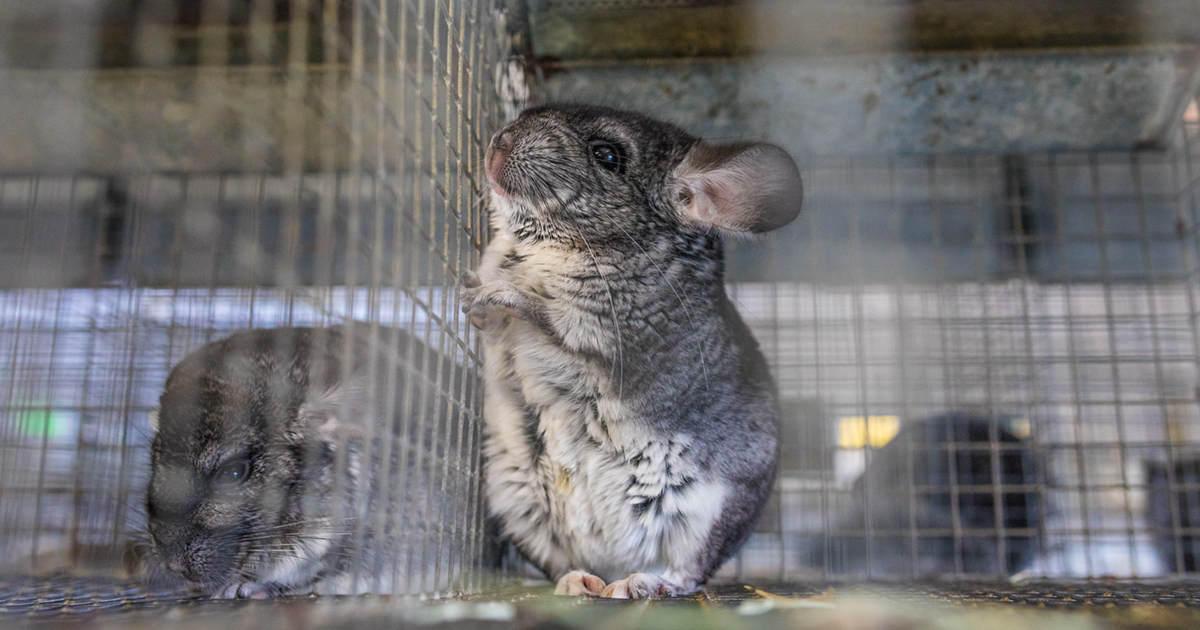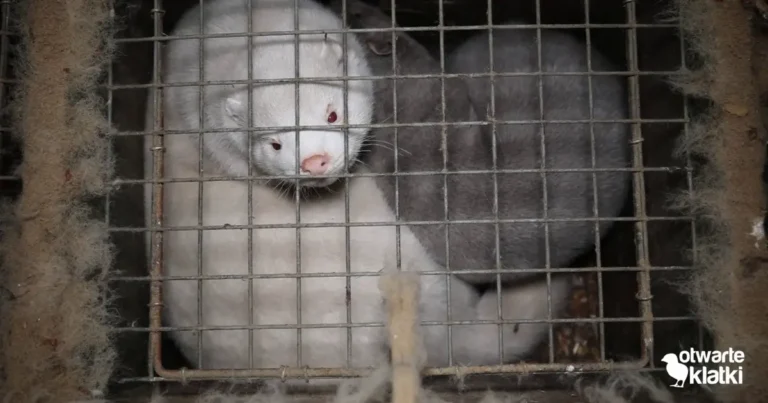
A non-profit is going to court, challenging BC’s Chief Veterinarian in the Ministry of Agriculture, Food and Fisheries’ issuance of a fur farm license despite the farm operating for several years without a legislatively required health management plan.
The Fur-Bearers, a charitable, bipartisan organization, filed a Judicial Review petition after Freedom of Information requests showed the province issued a permit to a Chinchilla fur farm, despite not having the required health management plan on file. Further communication revealed the farm has not had a health management plan for several years.
“We are looking for the court to find that the issuance or renewal of a fur farm licence without a health management plan is unreasonable, and that the decision needs to be overturned (or “quashed”) and reconsidered,” explains attorney David Wu of Arvay Finlay LLP, who is representing The Fur-Bearers in this matter. “We are also seeking a declaration that in this case the fur farmer who holds the licence is in non-compliance with the regulation.”

Fur farms keep thousands of fur-bearing animals in confinement for the purpose of killing and skinning, then selling the pelt. Chinchillas can be killed by gassing, electrocution and breaking their necks. There are 11 fur farms in British Columbia, 10 of which farm mink. There have been three outbreaks of COVID-19 on fur farms in BC since December 2020. Most farmed fur in BC is not sold locally but exported; fur farms in the province have received more than $6 million in taxpayer-funded AgriStability payments in recent years.
“We believe the judicial review process is vital in holding governments accountable for their actions,” says Lesley Fox, Executive Director of The Fur-Bearers. “We look forward to the court hearing our case.”
The Fur-Bearers would like to acknowledge West Coast Environmental Law for their support of this judicial review.
